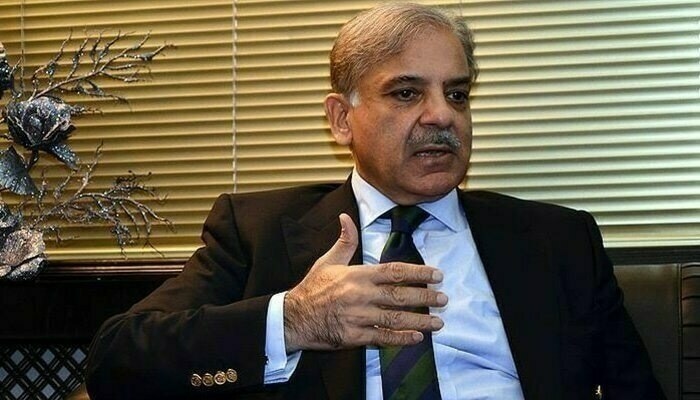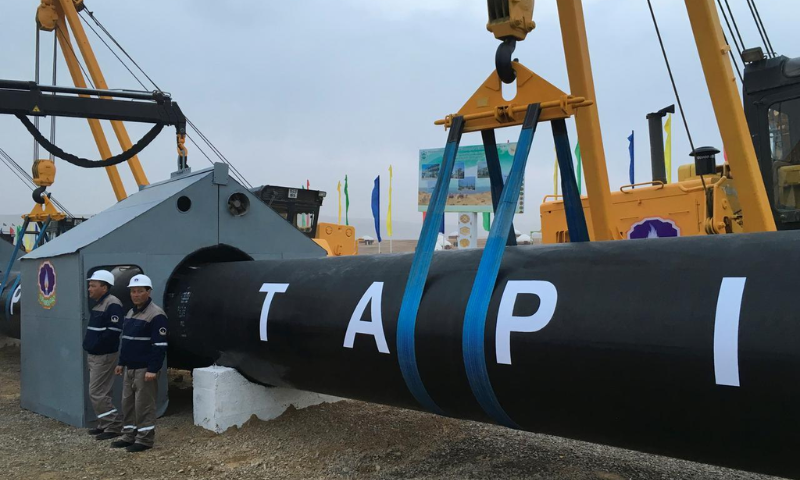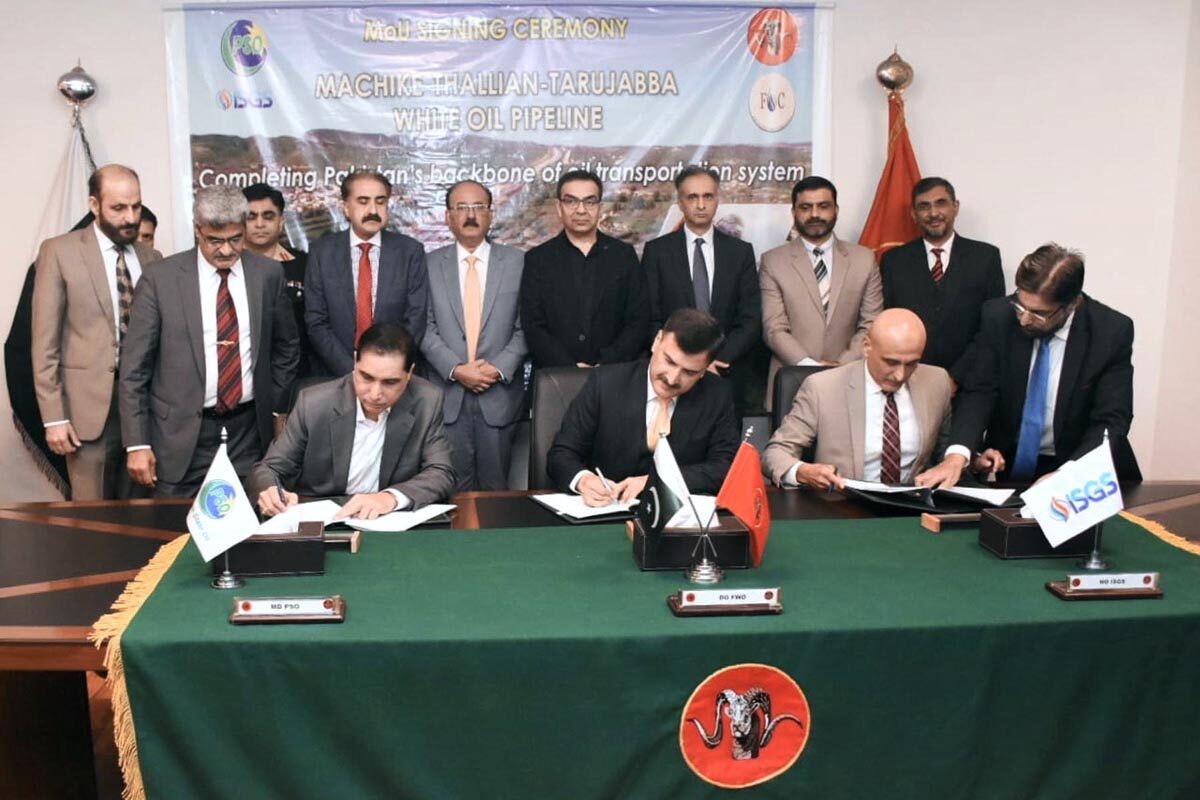Source: Dawn

Pakistan and Turkmenistan signed a joint implementation plan on Thursday to execute the Turkmenistan-Afghanistan-Pakistan-India (TAPI) gas pipeline project.
The ceremony was attended by Prime Minister Shehbaz Sharif and a delegation of Turkmenistan led by Minister of Energy and Water Resources Daler Juma’a in Islamabad.
State Minister for Petroleum Musadik Malik and Turkmenistan’s State Minister and Chairman of TurkmenGas, Maskat Babayev inked the accord.
The 1,800-kilometre pipeline is expected to carry 33 billion cubic metres of natural gas every year from Turkmenistan’s Galkynysh — the world’s second-largest gas field — to the Indian city of Fazilka. It will pass through Herat and Kandahar, in Afghanistan, and Quetta and Multan.
The project has two phases: a free flow phase with an estimated cost of $5-6bn and installation of compressor stations for at least $1.9bn.
Speaking on the occasion today, PM Shehbaz termed TAPI a very important project for the progress of the entire region, adding that it would help the region secure natural gas with concrete assurances and mutually agreed terms and conditions.
Highlighting the significance of energy for developing countries, he said: “We have to negotiate with this challenge through speedy action.”
The prime minister expressed confidence that the TAPI project would lead to an era of regional cooperation, development, and prosperity. He asked the Pakistani team to expedite its planning and subsequently its execution.
PM Shehbaz said both Pakistan and Turkmenistan were brotherly countries and ready to expand their economic cooperation.
He mentioned that in view of the global situation, energy had become a real challenge. “For a developing country like Pakistan, there is a need for speedy actions to explore the options for energy.”
The prime minister directed his team to do all in their power to pace up the planning and execution of the TAPI project, adding that Pakistan and Turkmenistan were ready to expand relations in diverse areas and boost their cooperation.
Later, in a tweet, PM Shehbaz termed the TAPI Joint Implementation Plan “a step forward for the execution of the project”. He said the project was vital to meeting the country’s energy needs.
“Pakistan wants the project to be implemented at fastest speed. In view of costlier fuel prices and gas shortages globally, we are exploring all options to procure all forms of energy on a sustainable basis as part of a comprehensive national energy security plan,” the prime minister said.
He added that the completion of the TAPI project “will be a game-changer for the region in terms of enhanced economic cooperation.”
Gas woes of Pakistan
Pakistan’s dependence on imported fuel has been increasing over time as domestic gas resources have fallen by as much as nine per cent per annum in recent years while the share of LNG has gone up.
Qatar has captured the Pakistani LNG market and has been looking for increasing its share through a joint venture partnership with an upcoming private sector LNG terminal.
In recent months, Pakistan faced a gas crisis due to higher reliance on LNG imports. Going forward, the country wants to diversify gas import sources.
Now you can follow Dawn Business on Twitter, LinkedIn, Instagram and Facebook for insights on business, finance and tech from Pakistan and across the world.




